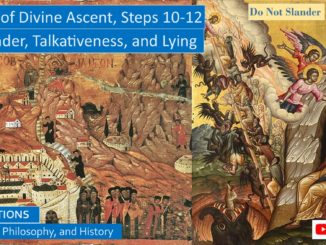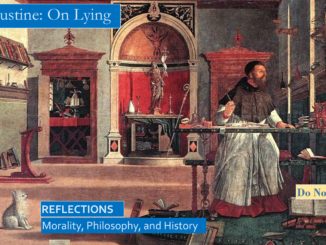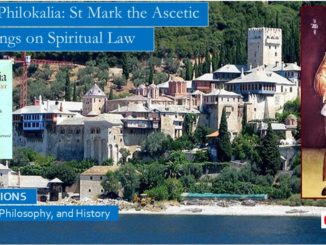
St Nicodemus: Can Christians Laugh and Joke?
St Nicodemus teaches us that the speech of Christians who laugh at ribald jokes “is corrupted, since they fill their speech with obscene, indecent, shameless, and meretricious words.” Likewise, regarding Christians who laugh at ribald jokes, “their thought is corrupted.” “Just as their words are crude and lewd, so also the thoughts and ideas in their souls are crude and lewd.” “Speech is a mirror, image, and imprint of the thoughts and inner disposition of the heart.” “He who utters obscene words churns up filth, mud and manure, which is spread first to himself, and then to those who hear it.” […]







